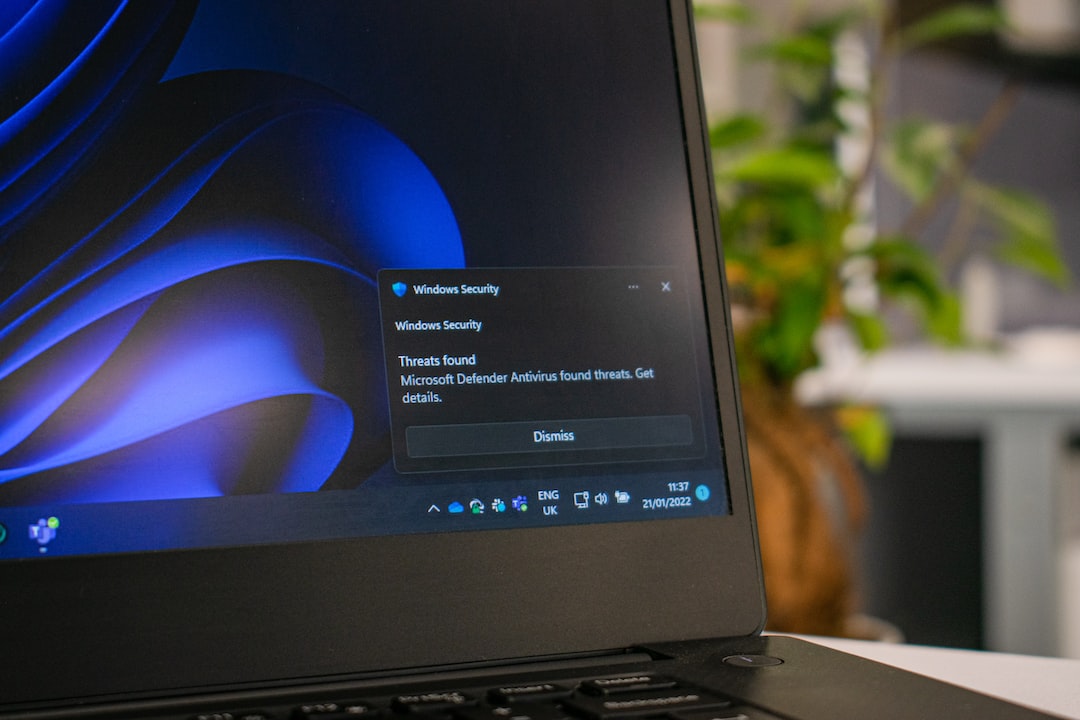
Improve Your Business Security With Advanced Antivirus Software
Protect your business against malware, viruses and other cyberattacks. It’s a key part of your cybersecurity strategy, employee education, firewalls, intrusion detection systems and password managers.
A next-gen solution can detect attacks that legacy antivirus solutions don’t recognize using a combination of machine learning, behavior analysis and threat intelligence. It also includes a central management dashboard to ensure seamless deployment and easy monitoring.
Defends Against Viruses
Virus protection is a core component of a strong business cybersecurity posture. Viruses are designed to penetrate corporate security and steal sensitive information or cause disruptions. Whether it’s slowing down an organization’s operations, corrupting critical files or stealing money, viruses are one of the most dangerous cyber threats. This is why antivirus software is an essential tool for preventing them.
Small businesses need an enterprise-grade antivirus designed to detect and remove all types of malware, including ransomware, phishing attacks, spyware, Trojans and more. The right solution will also allow you to remotely manage all devices on your network, no matter where employees are located. Moreover, The best antivirus for business offers flexible licensing options so you can add new users as your company grows.
More sophisticated virus threats use behavior-based detection. Based on the results, these analyze an object’s current or potential behavior for suspicious activities and infer malicious intent. These can include modifying or deleting large numbers of files, monitoring keystrokes, changing the settings of other programs and remotely connecting to computers.
Detects Malware
Whether it’s old-fashioned virus attachments in email, trojans downloaded through network attacks or modern ransomware forced on endpoints via drive-by download web attacks, malware is one of the most common ways criminals target businesses. To combat this, a robust cybersecurity posture requires defense in depth. This involves deploying various tools to help thwart different incident types at different stages. Robust antivirus software is a core component of this strategy.
Traditional antivirus uses signature-based detection, which scans a computer’s system and compares files to a database of known malware signatures. The program flags the file and alerts users to its presence when it finds a match. This is somewhat effective, but more sophisticated solutions are needed as malware evolves and evades detection systems.
Advanced malware protection uses heuristic detection techniques, which examine a program’s structure, behavior, origin and other attributes to determine if it’s malicious. This approach can uncover previously unnoticed malware, but it must be carefully tuned so that it doesn’t trigger security alert fatigue and create unnecessary workloads on IT teams. In addition, heuristic detection can be combined with other powerful technologies like lightweight host sensor emulation and next-generation sandboxing to identify unknown and evasive malware proactively. This provides a more comprehensive threat prevention capability than legacy antivirus alone.
Prevents Data Loss
While antivirus protection is critical to any cybersecurity strategy, it’s not enough to protect a business from all cyber incidents. A company must thoroughly implement what the industry calls defense for comprehensive protection. This involves a combination of tools to thwart different incident types at various points in the attack cycle.
For example, while traditional antivirus solutions use signatures to detect known malware, next-gen software uses advanced technology to examine events, processes and connections in real-time to spot suspicious activity. This makes it much harder for attackers to evade security systems and infiltrate businesses.
Another way that cyberattacks can infiltrate businesses is when employees bring unprotected devices into the workplace, such as laptops and smartphones. Next-gen solutions can help prevent this data loss by monitoring all devices connected to the business’s network, including BYOD. This solution can also detect if a device has been compromised, notify the employee, and take corrective action if necessary.
The key to preventing data loss from viruses and other malware is incorporating robust security tools into your business, such as firewalls, intrusion detection systems and antivirus software. This prevents cyberattacks from penetrating your business’s networks and stealing critical information, which can be used for identity theft, ransomware and other malware attacks.
Boosts Security
The best antivirus software for business comes with various other cybersecurity tools and features to protect your endpoints, network, servers, employees and client devices. Look for features like spam and malware detection, which prevents viruses from entering the system through email or messaging services, and a control center that allows the admin to check on and oversee protection across multiple devices in one place.
You should also find a solution that offers zero-day initiatives, which aim to catch new, undiscovered malware that has yet to be identified with any currently available protections. This is an essential tool for keeping your security systems up to date as hackers continue to evolve their attacks.
The right solution can also include backup features to help you protect against data loss, including ransomware. It should also provide bank-grade encryption to help you keep passwords, credit card numbers and other personal information more secure when stored online. In addition to antivirus software, you can further boost your business’s cybersecurity by implementing other solutions like firewalls, intrusion-detection systems, multifactor authentication and strong passwords. If you need the technical expertise to establish these policies in-house, consider working with a managed services provider (MSP) that can set up and manage them for you.


